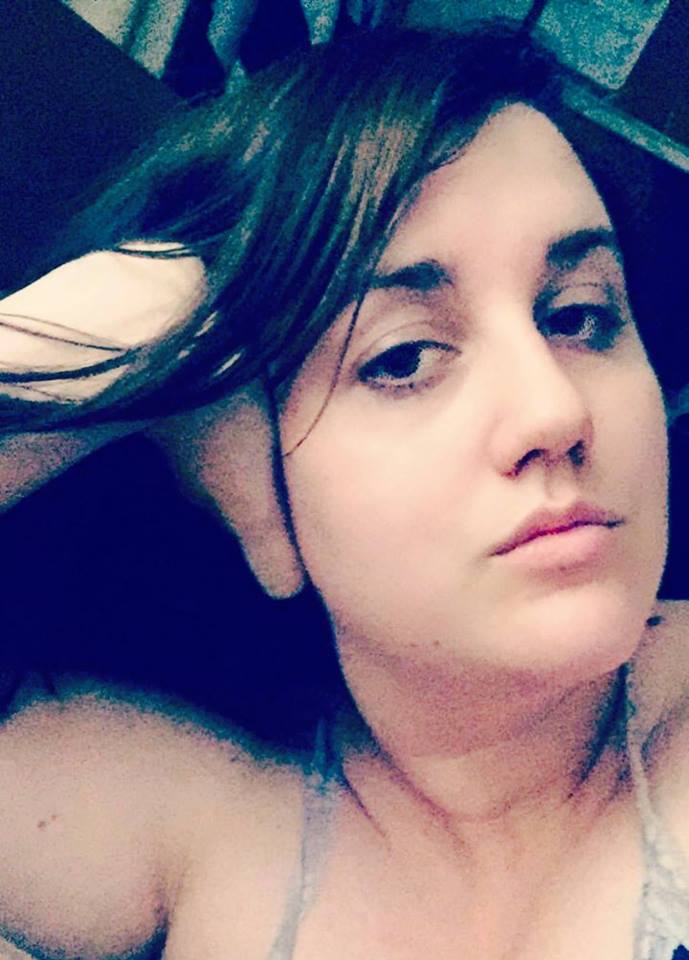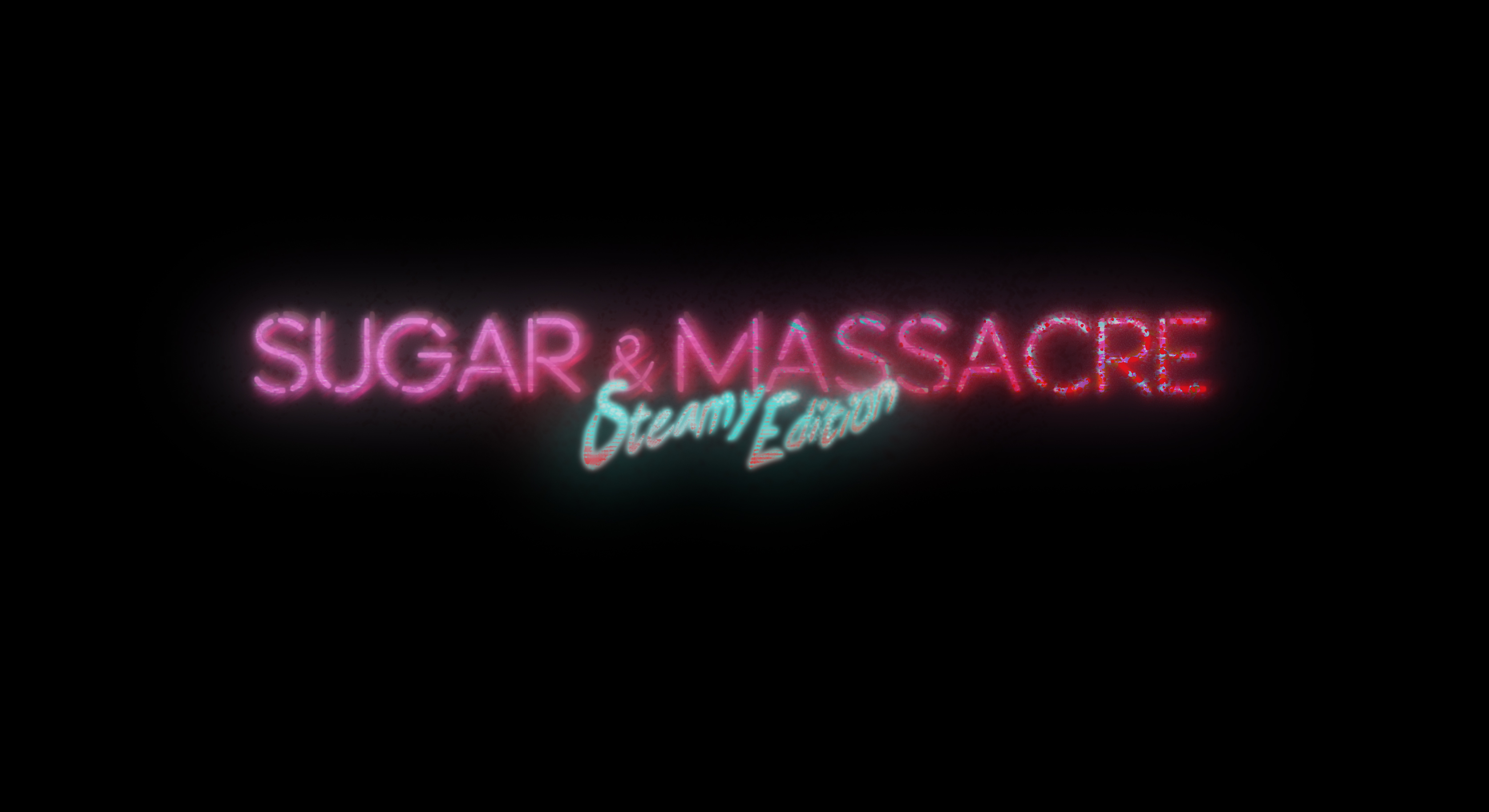Eora

- Role: Illustrator, animator
- Location: Sweden
Queerly Represent Me chatted with Eora, an illustrator and animator.
QRM: Can you tell us a little bit about who you are and what you do in the games industry?
Eora: I'm a fellow lover of games, arts and fiction that finally decided to create something myself. Passion is what brought me into this, and while I am a lonesome game dev, I mostly call myself an animator and illustrator. The plan is to use what I've learned from these and bring the best I can into whatever I create.
QRM: How long have you been involved in the game industry, and what projects have you worked on? What are you working on currently?
Eora: No previous experience in my pocket, except for making art for projects that in the end were cancelled. With my game in progress, Sugar & Massacre, it is the first time I’m making a game myself where I am the writer and main artist for the whole thing.
QRM: What inspired you to get started in the games industry?
Eora: Both my frustration with the lack of diversity in queer-themed commercial games, and my desire to create stories. There was a point in my life where I was checking out what visual novels had to offer for me, and I was in the hunt for queer-themed stories of all sorts. Most of them ended up being straight male fetish material, but the rest was incredibly tame fluff where the characters mostly said things like "B-but we are girls...!" and "We can't do this, oh no we are SINNING!". After a few hours of browsing I was left feeling frustrated, sad and incredibly bored. In short, I wanted to bring something more to the table, something exciting, sexy, a bit scary and something that doesn't hold your hand. So that's what I'm making now.

QRM: In what ways do you feel your experiences as a queer person manifest in the games you work on, and influence the work you do?
Eora: I think what I leave in the projects I make is the fact that people don't have to justify, apologize or excuse themselves for being who they are. Only with very few exceptions do I have this, but most conflict is internal and is not related to them being queer. I grew up in a world where people question you for mostly anything and everything, and it never felt right to me. So I don't let my characters be put in that box I always saw growing up.
QRM: Have you ever mentored somebody in your role in games, or been mentored? If so, what made these experiences worthwhile for you?
Question asked by @pepelanova.
Eora: If there is one thing I advise people who ask me for help, it's to be confident enough in your work so you know when people give good constructive criticism, and when they are being assholes.
QRM: In what ways can non-queer folk increase and support queer diversity present within games, as well as in the industry more broadly? How can we all work to support intersectional approaches to diversity, and why is this important?
Eora: All I can really do is stand firm in what I make and support those who do the same. With enough people, a difference can always be made, small numbers or not. If not in numbers, it does in reaching out to an audience that cares.
QRM: Is there a message that you would like to share with the queer game players, game studies researchers, and other interested folks who comprise the Queerly Represent Me community?
Eora: I don't have great confidence in myself. I get very nervous when people look at me and my work and I overthink to the point where my body hurts. But what I never am apologetic for is my characters, their flawed nature and how "problematic" some can be. To not be afraid to write dark stories that have queer characters, not a story that is dark because a character is queer. People are flawed, people are evil, but nothing is black or white in this world. And I have an undying passion to show this.
*
You can find Eora on Twitter, and see more information about Sugar & Massacre here.
